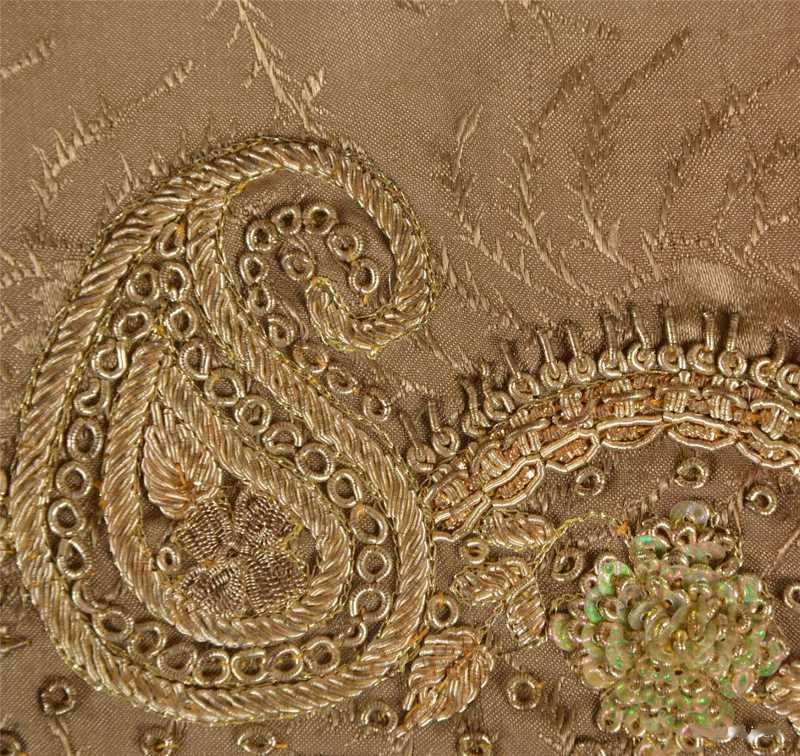===
0770,
1
===

=== |
 |
kashish : 'A drawing; a pull; attraction; allurement; ... lingering, tardiness, delay; trial, difficulty, pressure ... ; discord, difference, misunderstanding'. (Platts p.836)
FWP:
SETS
MOTIFS == ARCHERY
NAMES
TERMSWell, how do we know that the lover considers his being targeted by the beloved's arrow to be 'a proof of the inferiority of his fortune'? How do we know, in other words, that the 'tone' of the verse is one of lamentation or complaint? Couldn't it also be wryly amused, or neutrally chronicle-like, or wondering and surprised, or even ecstatic at the imminence of death? The lover might be expressing his delight at the replacement of lesser attentions by greater ones, on the beloved's part. This verse is another one in which questions of 'tone' arise; for discussion, see {724,2}.